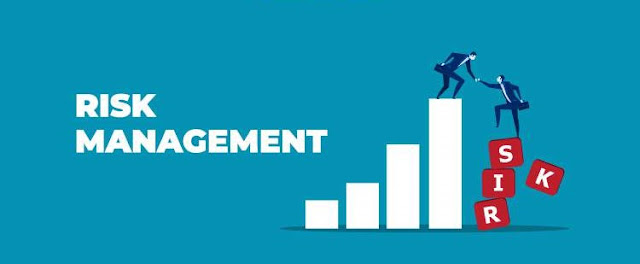E-Invoicing in the United Arab Emirates: A Comprehensive Overview

The United Arab Emirates (UAE) is advancing its digital transformation by implementing mandatory electronic invoicing (e-invoicing). This initiative aims to enhance tax compliance, streamline business operations, and align with global digital standards. Enterprise Resource Planning (ERP) software plays a pivotal role in facilitating this transition, offering businesses the tools needed to adapt effectively. Understanding E-Invoicing E-invoicing involves the electronic exchange of invoice documents between suppliers and buyers in a structured format, allowing for automatic and electronic processing. This system replaces traditional paper-based invoicing, reducing errors, and improving efficiency. In the UAE, e-invoicing is recognized under Federal Decree-Law No. 14 of 2023, which mandates digital traders to provide customers with detailed digital invoices for purchases made through technological means. Key Requirements To comply with the UAE's e-invoicing regulations, businesses mu...





